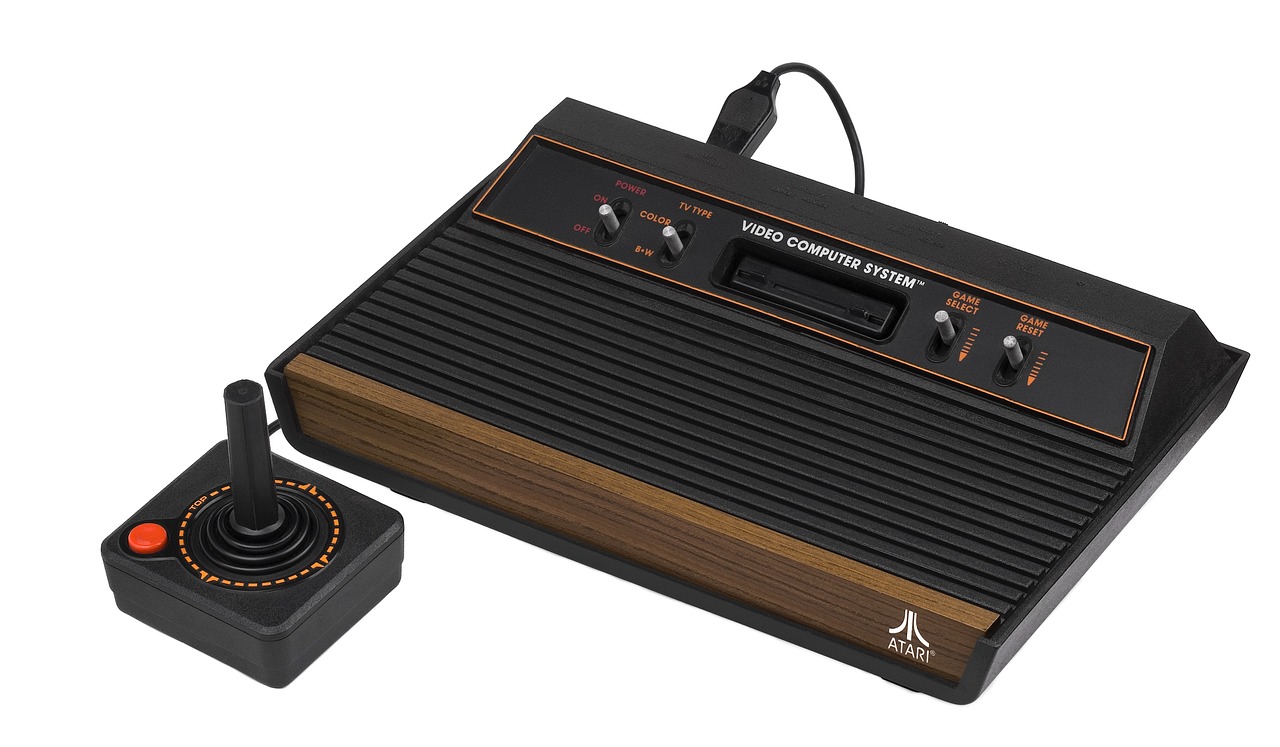If you’re watching an American movie, there’s a good chance that you’ll see a British villain.
Over the last 50 years, Brits have played dozens of bad guys, from Alan Rickman in Die Hard to Christopher Lee in the Star Wars prequels (and for that matter, Christopher Lee in just about anything).
In most cases, these villains have noticeable accents—Die Hard notwithstanding. British actors have noticed the trend, and they’re not exactly happy.
“I think it’s rather unfortunate that the villain in every movie is always British,” legendary actor Helen Mirren said. “We’re such an easy target that [producers] can comfortably make the Brits the villains.”
Lazy typecasting certainly plays a role. Still, why do audiences buy it?
Recent research provides some fascinating insight.
Chi Luu is a computational linguist who has conducted a study on the subtle nuances of the Received Pronunciation Accent, also known as the “Queen’s English.” Luu found that:
“Speakers of the prestige Received Pronunciation (RP) accent are regularly evaluated by non-RP speakers as more educated, intelligent, competent, physically attractive, and generally of a higher socioeconomic class.”
While those may seem like positive traits, there’s a downside.
“At the same time, in terms of social attractiveness, those same posh RP speakers are consistently rated less trustworthy, kind, sincere, and friendly than speakers of non-RP accents,” Luu writes. “Sounds like a good start for a villain.”
This perception isn’t restricted to the silver screen. A 2013 ITV survey showed that 28 percent of Britons felt that they had been discriminated against in their everyday life due to their accents. Even more troubling, the same survey showed that 80 percent of employers admitted to “discriminating decisions based on regional accent.”
This poses something of a “chicken-or-the-egg” problem. Did Hollywood begin casting British villains because of the stereotype, or did Hollywood create the stereotype through decades of questionable casting decisions?
We should note that Britain has several accents, not just the Royal Pronunciation accent.
Americans can’t really tell the difference, but Britons certainly hear a massive difference between, say, RP and the Yorkshire accent.
One study asked British participants to listen to three speakers with different accents, then rate them in terms of attractiveness and intelligence. The group rated the RP accent as slightly less intelligent than the Yorkshire accent, but more attractive than the Birmingham accent. Participants didn’t rate any of the accents as more or less attractive than the others.
This seems to indicate that British speakers associate social class with intelligence since speakers with RP and Yorkshire accents are typically from a higher class than Birmingham speakers.
Americans may, simply, hold the same prejudices. Throw in a Revolutionary War and some anti-intellectualism, and it’s easy to see how Hollywood producers began casting British villains.
For what it’s worth, accents don’t necessarily correlate with intelligence nor, we assume, villainy. Unfortunately, Hollywood seems unconvinced.



